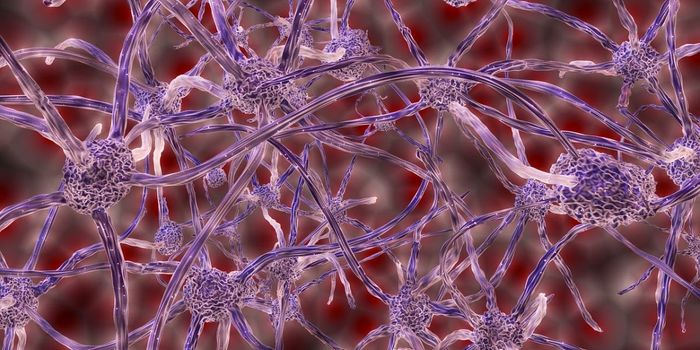Poop Preservation: A Call to Retain Microbial Diversity
The post-industrialized world may have increased our standard of living, but a new study suggests that it may have also adversely affected the microbes that support our health. By abandoning an agricultural society dependent on human labor in favor of manufacturing and technology, we have increased our access to supplies and time and improved our standard of living. But with these benefits have also come an increase in metabolic, immune, and cognitive diseases. Developed countries have seen a dramatic rise in obesity, diabetes, asthma, allergies, inflammatory bowel disease, and autism (1). Alarmingly, these diseases are also on the rise in developing countries. What is behind this increase in disease? Dominguez-Bello et al proposes that decreases in our microbial diversity are responsible for the increase in disease prevalence.
“We believe that changes in the human microbiota occurring concomitantly with industrialization may be the underlying factor. The changes involve the loss of our ancestral microbial heritage to which we were exposed through millions of years of evolution.”
Human microbiota refers to the collection of bacteria, archaea and eukarya colonizing the gastrointestinal tract (2). Our microbiota has co-evolved with us over thousands of years to form an intricate and mutually beneficial relationship. It has been estimated that we host close to an equal number of bacteria as we have human cells and one of the most densely populated tissues is our gut (3).
The Dominguez-Bello group characterized the microbiome of members of the Yanomami population, a hunter-gatherer society living in the Amazon. They found that their gut bacteria was twice as diverse compared to that of healthy people in the United States (4). Medicine, antibiotics, and a refined diet are among the microbial disruptors enabled by industrialization.
“Industrialization encompasses many influences on the microbiota, including a highly processed water supply, refined diets, and altered environmental exposure—which may affect the microbiota through effects on the immune system—and the presence of medical care, including pre-, peri-, and postnatal antibiotics; cesarean section delivery; and bottle-feeding—all of which reduce the transmitted and maintained microbial diversity, especially during the critical window of early-life development.”
So our microbiome is less diverse than our ancestors and we are only beginning to discover how specific microbes interact with and affect our bodies. It’s possible that some day in the future we could be prescribed a specific microbe as part of our treatment for disease. In the meantime, we need a global repository of human-associated microbes, especially those present in individuals from isolated traditional societies. If key parts of our microbiota go extinct, we may be next.
Check out the video to learn more about the microbiota.
Sources: 1) Science; 2) Biochemical Journal; 3) PLOS; 4) Science Advances









